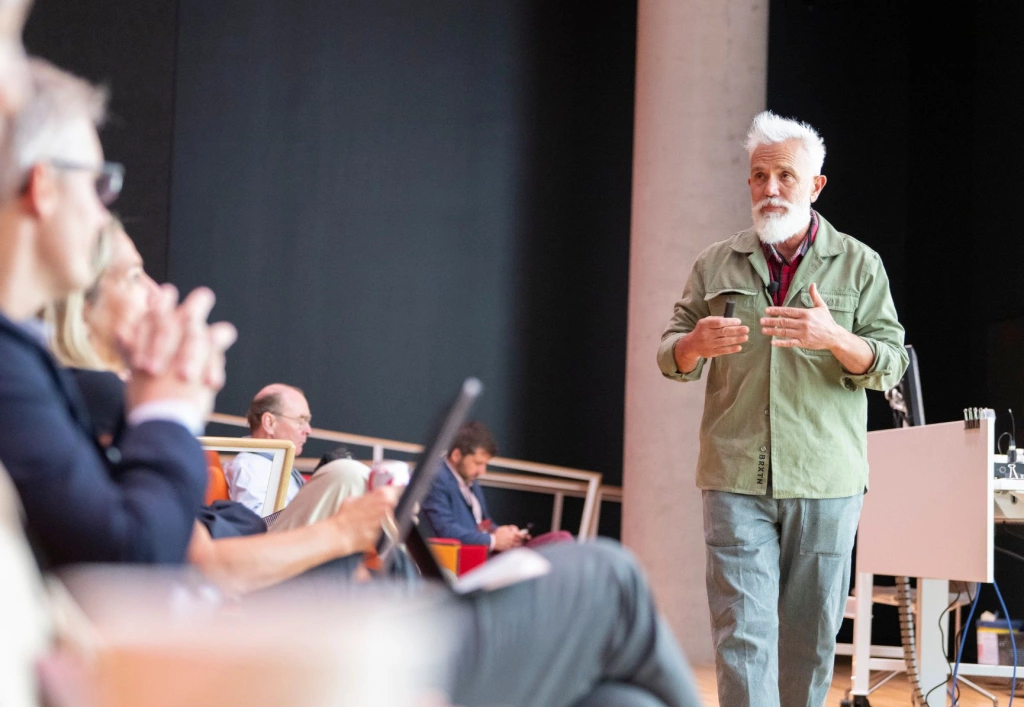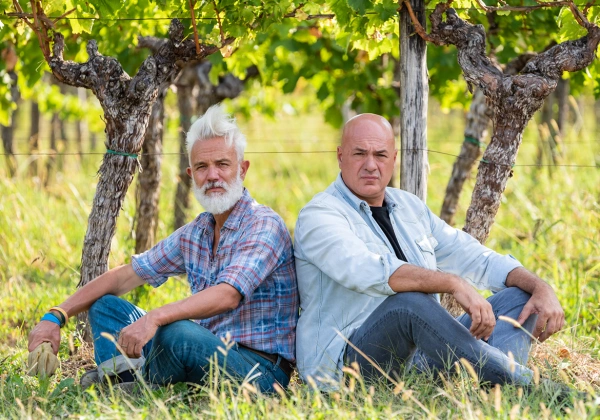
Great wine starts with great pruning. And Simonit&Sirch is the firm that top wineries have on their speed-dial to ensure the health and longevity of their grapevines. Co-founder Marco Simonit discovered the technique now known as "gentle pruning" as a young viticultural agronomist 30 years ago. Now his business of master pruners has more than 150 winemaking clients around the world and its own pruning academy in Friuli, Italy.
Simonit&Sirch
Via Papa Giovanni XXIII, 62
33040 Corno di Rosazzo – Udine
Italy




